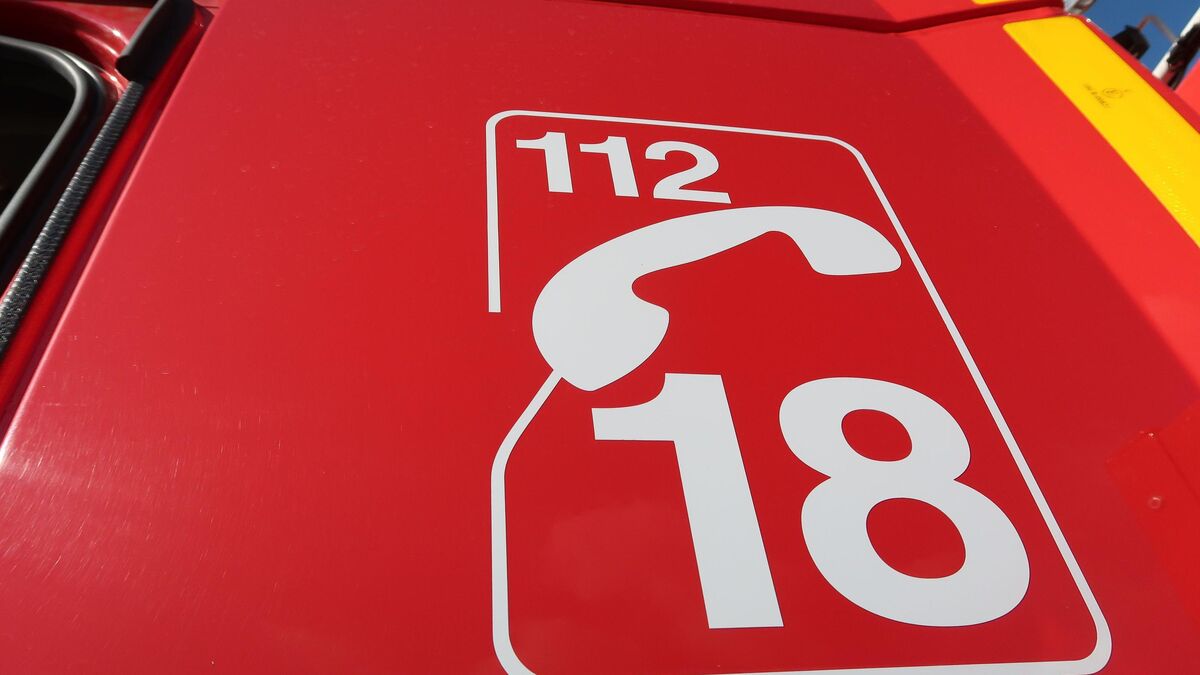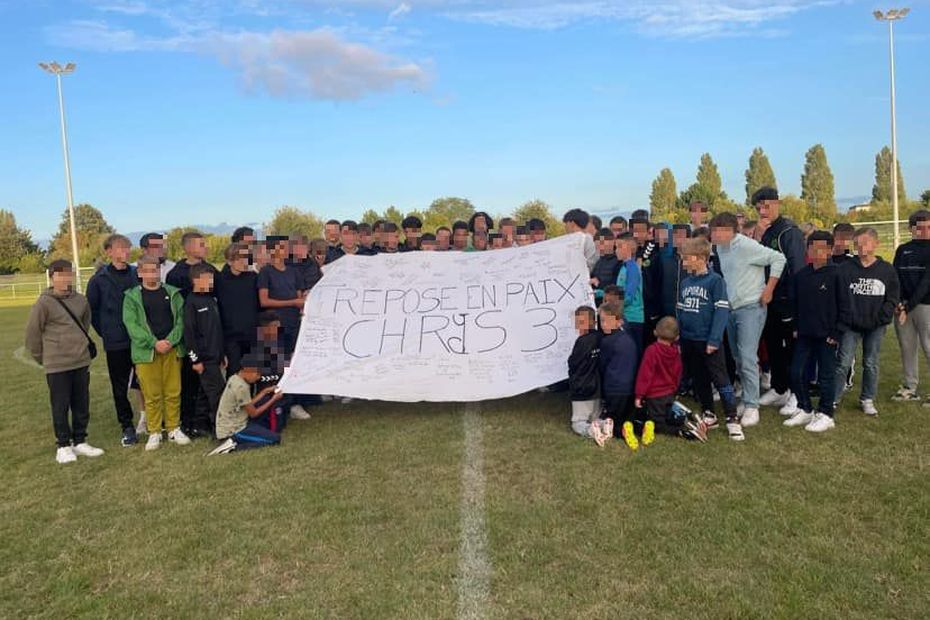Dr. Harvey Risch talks about the new
'turbo cancers,' vaccination, and how the COVID virus should be managed.
There is evidence that cancers are occurring in excess after people receive COVID-19 vaccinations, according to Dr. Harvey Risch.
Dr. Risch is professor emeritus of epidemiology in the Department of Epidemiology and Public Health at the Yale School of Public Health and Yale School of Medicine. His research has focused extensively on the causes of cancer as well as prevention and early diagnosis.
In
an interview for EpochTV’s "American Thought Leaders," Dr. Risch said patients must now wait months, not weeks, to get an appointment at an oncology clinic in New York.
here is difficulty in observing whether a vaccine can cause cancer, because cancer usually takes time to develop, Dr. Risch said. It can take anywhere from two years to 30 years, depending on the different types of cancer, from leukemia to colon cancer.
“What clinicians have been seeing,” said Dr. Risch, “is very strange things: For example,
25-year-olds with colon cancer, who don't have family histories of the disease—that's basically impossible along the known paradigm for how colon cancer works—and other long-latency cancers that they're seeing in very young people."
He said this is not how cancer normally develops.
"There has to be some initiating stimulus to why this happens," he said.
Fighting Cancer
Dr. Risch said that in his opinion, cancer is something a healthy human body can fight and disable, as the non-normal cancerous cells are gobbled up when detected in a body with a functional immune system. If the immune system is compromised, however, it cannot cope with the task of neutralizing cancerous cells, and cancerous cells are left to multiply and grow, leading to symptoms of cancer.
“That’s the mechanism I think is most likely here,” Dr. Risch said. “We know that the COVID vaccines have done various degrees of damage to the immune system in a fraction of people who have taken them.”
That damage could translate to getting COVID more often, getting other infectious diseases, or getting cancer.
Another example Dr. Risch gave was breast cancer, which normally, if there is a remanifestation after surgical removal, the remanifestation occurs after two decades. However, vaccinated women are now seen to remanifest breast cancers in much shorter periods of time.
“Those are the initial signals that we’ve been seeing, and because these cancers have been occurring to people who were too young to get them, basically, compared to the normal way it works, they’ve been designated as turbo cancers,” Dr. Risch said.
“Some of these cancers are so aggressive that between the time that they're first seen and when they come back for treatment after a few weeks, they've grown dramatically compared to what oncologists would have expected for the way cancer normally progresses,” he added.
“Be attuned to your body,” Dr. Risch recommended, for noticing any new signals the body might give.
Adverse Events After Vaccination
Dr. Risch also talked about the aspect of official medical agencies not recognizing someone as being vaccinated inside the first two weeks of vaccination. This happens, he said, because the medical agencies say that the effects of the vaccine need two weeks to start manifesting.
Adverse effects occurring a few days after vaccinations were officially counted as health conditions manifesting in unvaccinated people, he said.
However, serious adverse events after receiving the vaccine have occurred within the first four days, Dr. Risch said. He said three-quarters of adverse effects are being recorded as happening to unvaccinated people.
The decision makers who were in charge during the pandemic "threw out the principles of public health six days into the pandemic and did the opposite of everything that we knew should be done for respiratory viruses," he said.
One example was the denial of effective early treatment and unnecessary vaccinations, which show a “colossal failure of public health through this period," he said.
Dr. Risch said that a lot of people are now less likely to be “propagandized” regarding COVID, and that news reports about a new variant that is going to take over the world in the next month are “propaganda to sell the next batch of vaccines coming out in a few weeks.”
“People are fed up with this and it’s going to be a lot more pushback,” he said.
Risks to Society
Dr. Risch said that while the individual risk of an adverse reaction to the vaccine is relatively low, once that risk manifests itself at a greater scale, when millions of people have received the vaccine, the result is that hundreds of thousands of people are left with injuries and serious adverse events that are often worse than the virus itself.
Dr. Risch’s opinion is that nobody should get vaccinated with an mRNA vaccine, as the new variants are mild and not life threatening. He has heard of a few hospitalizations that lasted for some days, but as most people had COVID in the past, they have some immunity to these new variants as well.
"There is no reason for people to be vaccinated now, to any degree," he said.
He said COVID has become an illness similar to the flu in its degree of severity, and that propaganda to scare people is being pushed by the government on behalf of pharmaceutical companies to sell more vaccines.
“We live in social contact with each other and therefore spread low-level infections. This is part of human life that we take for granted and we try to treat it the best we can," he said. "That’s how we should be managing this."

 en.wikipedia.org
en.wikipedia.org









